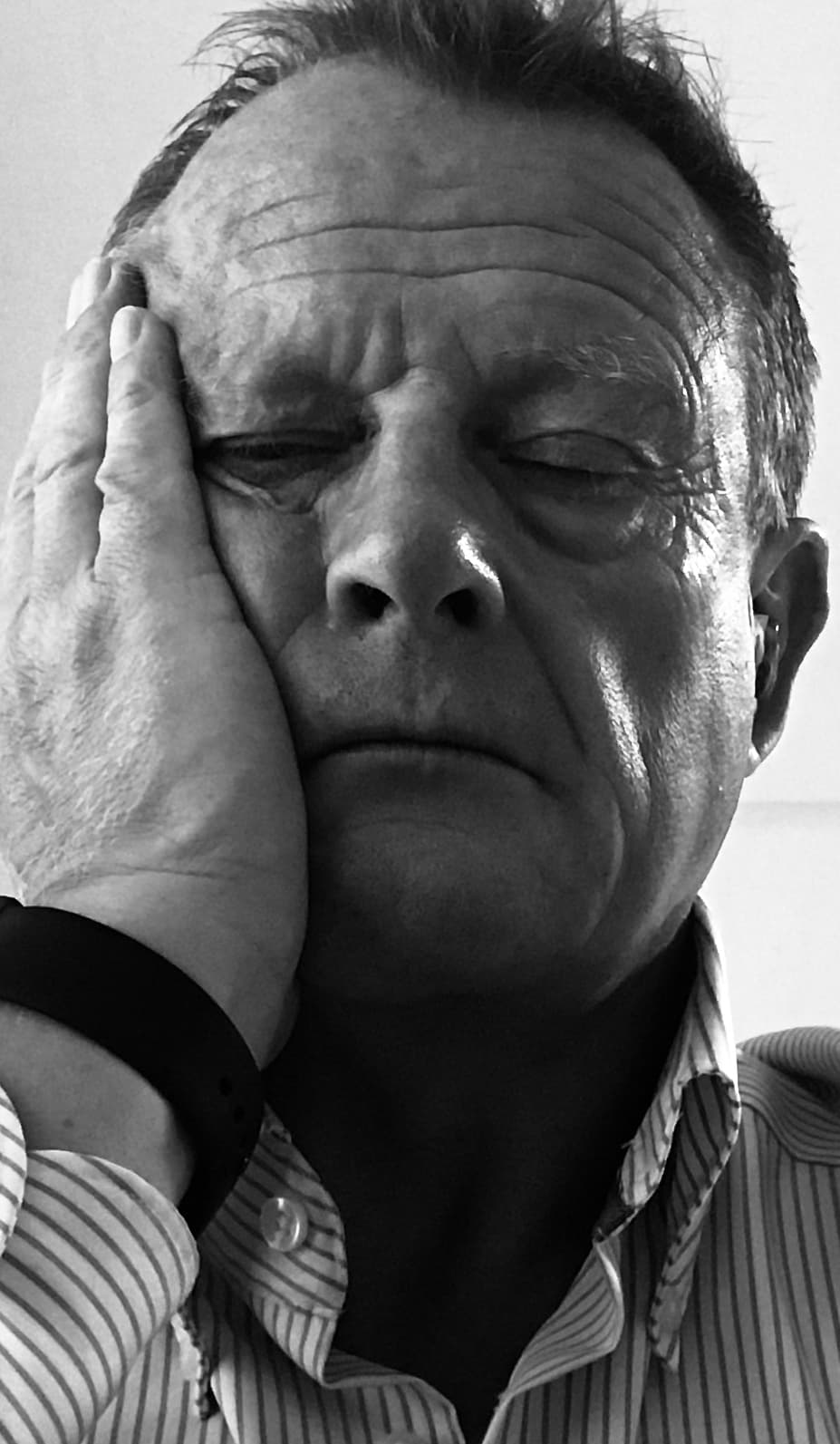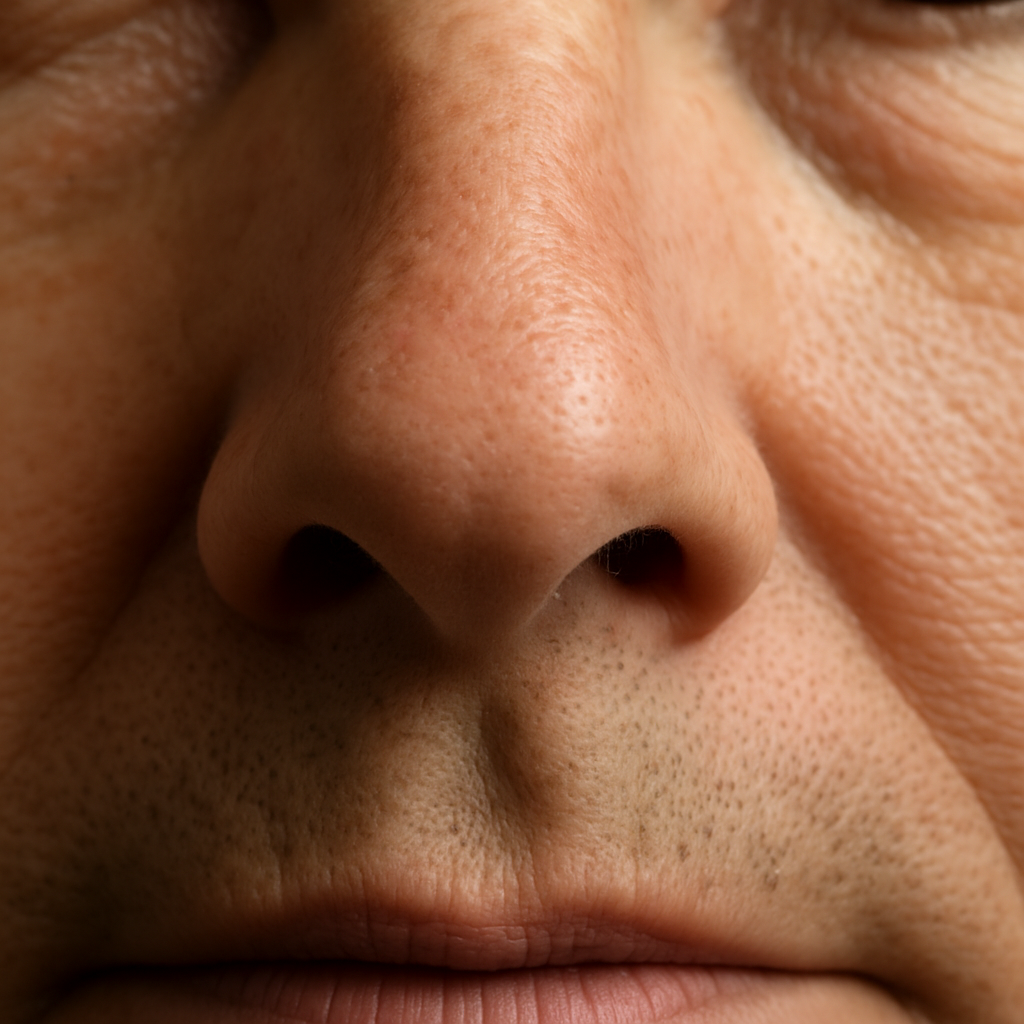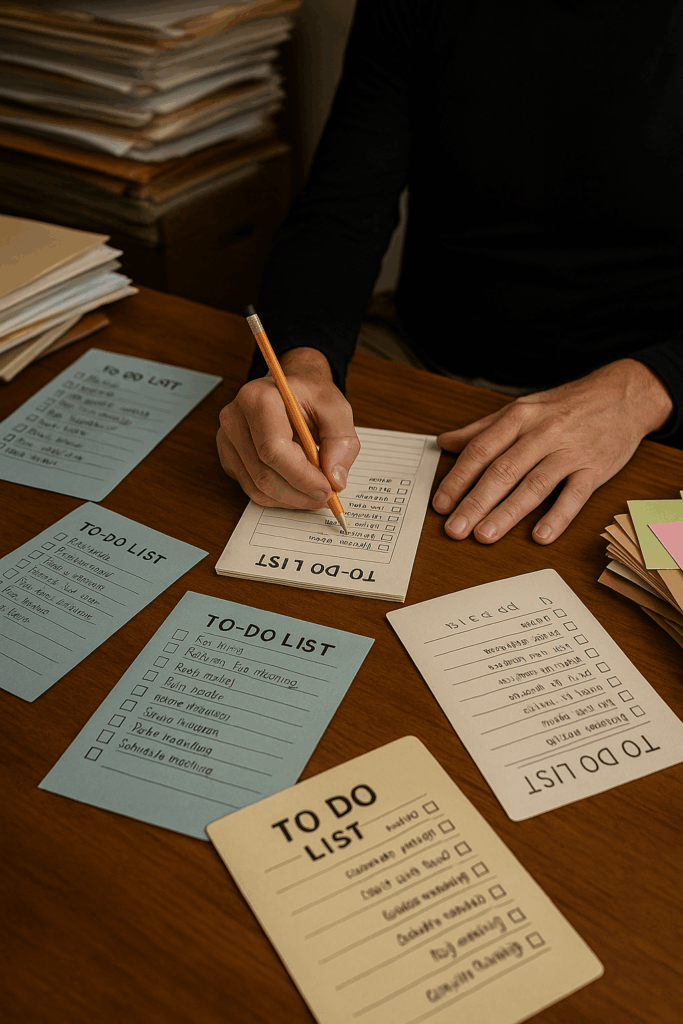“As we enter another year of uncertainty and confusion, it’s time to reflect on how we feel and how well we have been looking after ourselves.”
So, just how has the pandemic affected our self-care?
Well, I can only speak from my own experiences and observations, but I don’t think I would be over-dramatising the situation if I were to say that it’s the worst I have ever seen it.
At a personal level, having had Covid and felt the debilitating effects of it and seeing my clients who have also suffered from the virus, but who are also struggling with increasingly challenging home and work lives combined with an all-pervading fear of what’s next and a desire for some form of “normality”, I believe most people are mentally struggling to cope and self-care is a topic we should all remind ourselves about and focus on daily.
The challenge as I see it is slowing down at a time when our brains are screaming try harder.
Many people I talk to feel they have let themselves or others down for various reasons and emotionally beat themselves up about it. “I failed as a parent because…”; “I am letting my co-workers down…”; “I feel like I am letting myself down…”. These are all common phrases in my current coaching sessions and they all stem from low energy levels and confused priorities.
Personally, when I contracted the virus, I was surprised and scared at how fast and how hard it hit me. Within 24hrs, I was struggling to breathe, which was very scary and caused me to panic slightly at not being able to take a deep breath. I pride myself on being reasonably fit, taking long cycle rides and being as active as I can. In fact, a few days prior to me contracting Covid, I was bragging to one of my clients that I could count on one hand the last time I had taken time off for sickness in the last ten years, and then this virus came along and floored me.
But that was only the beginning. For four days I simply lay as still as I could, focusing on calming myself so that I could take shallow breaths. By day two, the rattle had started, so every time I breathed in, I heard a crackling sound from my lungs, which added to my anxiety.
By day four, every joint in my body ached, from my fingertips to my toes; no position was comfortable, and sleeping wasn’t an option, but my breathing improved so that was a bonus!
It was then that I realised that I couldn’t think straight. My mind just seemed to be shrouded in fog. Reading was a struggle because once I read a sentence and moved onto the next, I had forgotten the previous sentence so I had to go back, and even when I linked sentences, the context was confusing to me so I couldn’t make sense of anything.
Those that know me well know that I tend to sleep between 5 and 6 hours in a night and that’s fine for me normally, but now I was lying in bed for fourteen or sixteen hours at a time and still feeling exhausted.
By day nine, I started to feel physically better and so I thought “I can do something to occupy myself”. Even tidying up my office was better than lying in bed or on the sofa vegetating in front of the TV.
This was a big mistake.
I stood in my office looking at the usual mess and wondering where to start. The easiest thing to do was to pick the papers up off the floor that had somehow fallen from my desk. So, I bent down, picked up maybe five or ten pieces of paper and then stood up and realised I was exhausted! I just needed to lie down. My mind raged against my inability to function, and so I tried to do more but once again I was just too exhausted to complete even the simplest of tasks and had to lie down, breathing like I had just run a marathon.
My body was just telling me to be gentle and kind to myself and I was fighting it, because, well that’s what you do. It’s lazy to sit around doing nothing, I have so many things to do, so many deadlines to meet, so many people to support!
On the one hand, I knew that it was wrong to push myself, but I just couldn’t stop myself from trying harder and harder. Even though I teach this every day, I saw how easy it is to get wrapped up in the outside world and delivering for and too others that you forget to listen to your inner voice that knows you and wants to look after you and keep you safe. It’s easy to miss that quiet voice that says no and convince yourself that you will slow down after this next meeting, call or report that is so important only you can do it.
It’s easy to sacrifice your time, your energy, and your wellbeing to support your ambition, or the ambitions of others. Guilt drives our thought processes, but that guilt also drives stupid decision making.
So, what can we do?
Being kind or gentle with ourselves is difficult, it is often thought of as a weakness or being lazy. Some think it’s about pushing aside your difficult thoughts and saying, “Now I’m going to tell myself five positive things.” And everything will be ok or lying to yourself to do something you like to avoid work.
But that couldn’t be further from the truth. When you are kind to yourself, you are actually doing something very specific for yourself, you’re noticing difficult thoughts, focusing on them and creating a sense of psychological safety for yourself. You’re creating a space in which you feel able to take risks. If you beat yourself up whenever you fail or fall short, it’s naturally going to stop you from trying new things and taking chances. But when you are gentle with yourself, you know that even if you fail, you’ll still like yourself. In this way, self-kindness gives you the ability to experiment and explore and to be courageous.
Remember there is power in being gentle with yourself and looking after your health and wellbeing. Being “kind” to yourself does not mean that you are not trying your best, it’s simply giving yourself love and allowing yourself to go through life at a slower pace.
Research studies show that people who have greater levels of self-care tend to be more motivated, less lazy, and more successful over time. They still recognise where they’ve gone wrong, but rather than getting caught up in blame and judgement, they learn from their experience and adapt and change course for the next time.
So, in our hectic lives, we mustn’t forget that to help others or to be successful in whatever we are trying to do, just like any athlete, we need to be in the best possible shape we can, and that means our physical, psychological, and motivational energies need to be at their peak.
So, my gift to you are the top five ideas for being kind to yourself this year that I love, starting with my favourite.
- Create media blackout days. The Guardian ironically published recently “News is bad for your health. It leads to fear and aggression and hinders your creativity and ability to think deeply. The solution? Stop consuming it altogether”, and the truth is that not only are the devices we use to consume the news damaging our health, but the content also itself is damaging us emotionally. So, give yourself a media break, take time out from the devices and the never-ending torrent of disasters and find some calming space to re-energise emotionally and physically. Put your automatic reply on your email, turn off your phone your tablet and your TV and quietly read or listen to music that soothes and inspires you.
- Take Care of Your Physical Health.This may seem an obvious one, and you’re not going to see me suggest you commit to a rigorous diet and gym routine but going out for a walk every day is a great way to re-centre your mind and improve your body’s health. When we’re feeling anxious or stressed, our physical body hangs on to all that pent-up energy and emotion. We need to clear that energy to maintain physical health, as well as emotional and mental health. Whatever you choose is up to you! Just make sure it feels good and you’re having fun while you’re at it.
- Practice self-gratitude. We often find that people who practice self-gratitude and notice the things they are thankful for are happier and have a greater sense of wellbeing. Try and think of a few things in the morning or before you go to bed and write them down. Actively focus on the positives of your day. Reframing situations and looking for the positives can help strengthen your resilience.
- Invest in your interests. Do things that really align with your interests and passions. If you have a creative streak, make time for a creative outlet, or if you like being outdoors or doing sport – make time for these too. These are the things that can often get pushed off your priority list, but it’s important that you don’t compromise them at the moment and as part of your selfcare regime, your personal passion projects are important.
- If you stumble, be your own best friend. Don’t beat yourself up, that will damage your self-belief, be a kind and supportive friend to yourself instead. Ask yourself: “How would my friend/parent support me and help me in this situation?” Then do things and talk to yourself like he or she would. Remember to also ask yourself what you can learn from your stumble and if there is an opportunity in this situation. Then take that new knowledge you gain and move forward once again.
2022 is going to be another challenging year, but with challenge comes opportunity, we just need to be in the best possible condition to take advantage of those opportunities. Counterintuitively this year, slow down and take care of yourself and see the great things around you that will make 2022 the best year of your life… until 2023 that is, which will be even better.



